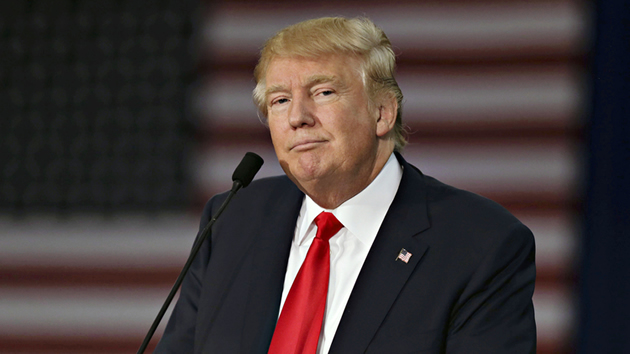The myth of those shirt-selling deals
LONDON. — One of the most commonly cited myths of any major transfer is that the fee paid will be offset by his shirt sales. It happened in 2009 when Real Madrid snapped up Kaka and Cristiano Ronaldo in consecutive world record deals. It happened this summer at Old Trafford, first with Zlatan Ibrahimovic and then with Pogba, whose stardom continues the trend that began with David Beckham.
Beckham was a wonderful talent on the field, but his ability as a footballer was easily matched by his appeal as a box office draw. Mike Farnan is chief executive of sports marketing agency Redstrike, who work with kit makers and clubs, and also a former director of Manchester United international, the global commercial arm of the club that fuelled merchandising growth across the Asian market between 1996 and 2001.
I think the signing of Pogba or Zlatan, they would have driven sales, definitely higher than a normal season because these are big, big name signings.’’
And United sold 2,977,000 shirts last season. That figure multiplied by the £40 or so most clubs charge for jerseys suggests revenues of just under £120million from that arm of the club. A player tangibly driving a 15 per cent increase by himself would be impressive. That is just 450,000 shirts, or £18m. Even in the event of a player like Kaka, who was expected to increase Real Madrid’s appeal in South America, the idea of the transfer being funded by shirts with his name on it alone is preposterous. ‘‘It definitely would have a net effect globally and definitely open up new markets, but as for the real positives of signing a player for £100m, £50m, £40m . . . no. For a signing of that significance, it just doesn’t happen — it wouldn’t happen.’’ That increase in sales would also not necessarily benefit United. As David Seligman, a sports lawyer with CM Solicitors told Sportsmail: ‘‘The club have intellectual property rights, such as their badge, and the name and they have the rights to players’ names on the back of the shirts. They license that off to Nike, adidas, Puma, New Balance and the like.
‘‘What tends to happen is that the license gets bought for X number of millions of pounds, and royalties are paid once a certain threshold of shirt sales have passed. If you’re Man Utd, and your brand is worth fortunes, you can command millions of pounds up front and a higher percentage of future sales.’’ — Mailonline.







Comments